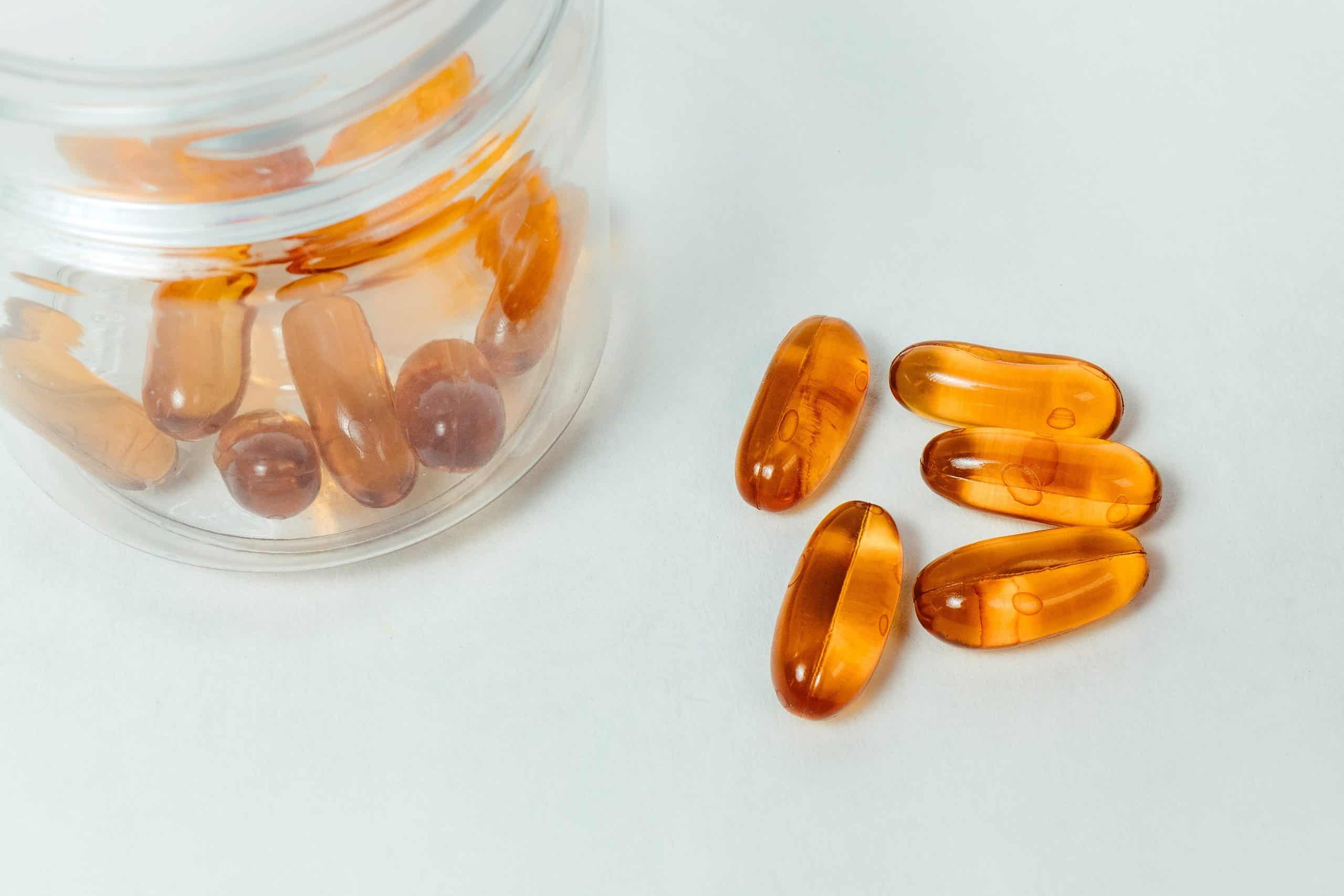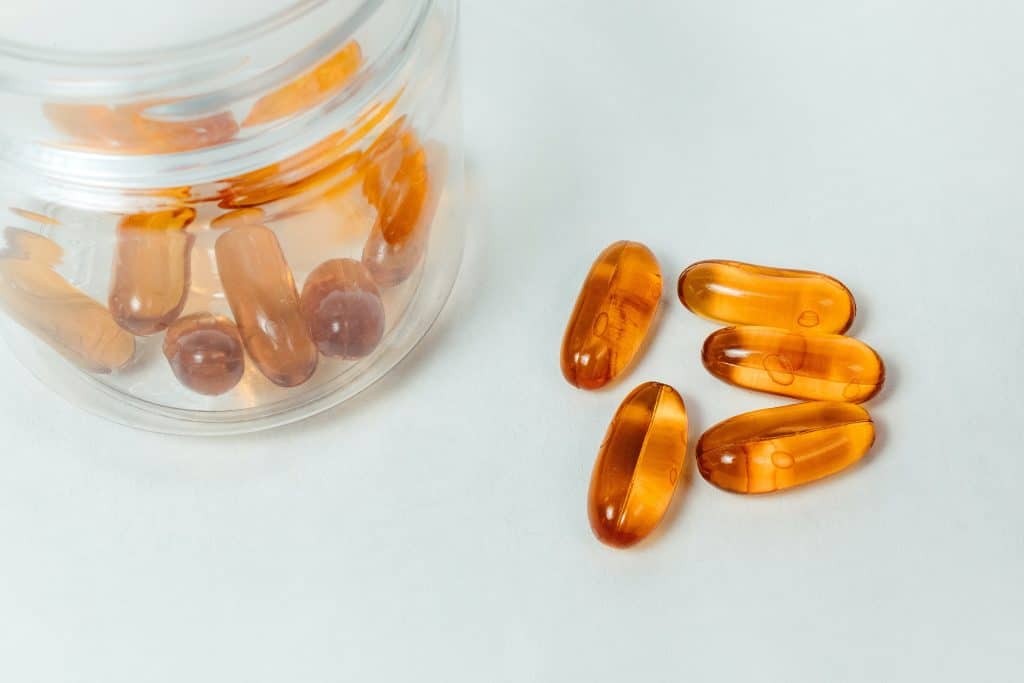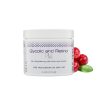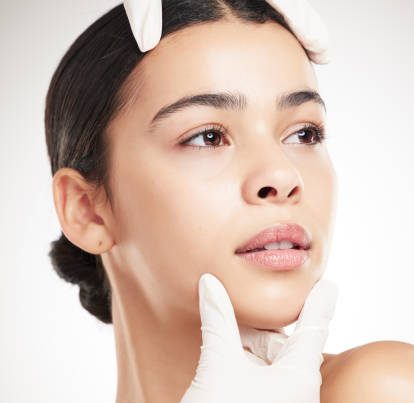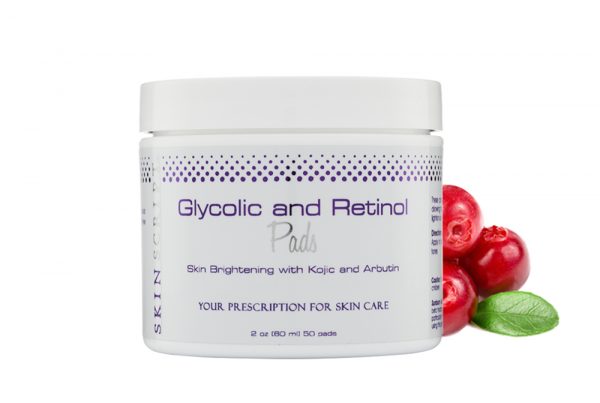Vitamin E, often hailed as the “skin vitamin,” plays a crucial role in maintaining healthy skin. Its antioxidant properties help protect the skin from damage caused by free radicals and UV radiation, making it a staple in skincare routines worldwide.
Importance of Vitamin E for Skin Health
Protecting Against UV Damage
One of the primary benefits of vitamin E for the skin is its ability to combat the harmful effects of ultraviolet (UV) radiation from the sun. Exposure to UV rays can lead to premature aging, including wrinkles, fine lines, and sunspots. Vitamin E acts as a shield, neutralizing free radicals generated by UV exposure and reducing the risk of sun damage.
Moisturizing Properties
Vitamin E is also renowned for its moisturizing properties. It helps to strengthen the skin’s natural barrier function, locking in moisture and preventing dryness. This makes it particularly beneficial for individuals with dry or sensitive skin, providing hydration and promoting a smoother, more supple complexion.
Anti-inflammatory Benefits
In addition to its antioxidant and moisturizing properties, vitamin E exhibits anti-inflammatory effects, which can help soothe irritated or inflamed skin. Whether dealing with minor irritations or conditions like eczema or psoriasis, vitamin E can provide relief and support skin healing processes.
Food Sources of Vitamin E
While vitamin E supplements are available, incorporating natural sources of this nutrient into your diet is the best way to ensure optimal skin health.
Nuts and Seeds
Nuts and seeds are rich in vitamin E, with almonds, sunflower seeds, and hazelnuts being particularly high in this nutrient. Snacking on a handful of nuts or adding seeds to your salads or smoothies is an easy way to boost your vitamin E intake.
Leafy Greens
Leafy greens such as spinach, kale, and Swiss chard are not only packed with vitamins and minerals but also contain significant amounts of vitamin E. Incorporating these nutritious greens into your meals can help support overall skin health.
Vegetable Oils
Certain vegetable oils, including sunflower oil, wheat germ oil, and olive oil, are excellent sources of vitamin E. Using these oils in cooking or salad dressings can provide a flavorful way to increase your vitamin E consumption.
Supplementing with Vitamin E
While it’s best to obtain nutrients from whole foods, vitamin E supplements can be beneficial for individuals with specific dietary restrictions or those who may not get enough through their diet alone.
Dosage Recommendations
The recommended daily allowance (RDA) for vitamin E varies depending on age, sex, and other factors. In general, adults need around 15 milligrams (mg) of vitamin E per day. However, it’s essential to consult with a healthcare professional before starting any supplementation regimen, as excessive intake of vitamin E can have adverse effects.
Potential Risks and Side Effects
While vitamin E is generally safe for most people when taken at recommended doses, excessive supplementation can lead to adverse effects, including nausea, diarrhea, and increased risk of bleeding. It’s crucial to follow dosage guidelines and avoid megadoses of vitamin E without medical supervision.
Vitamin E in Skincare Products
In addition to dietary sources and supplements, vitamin E is a common ingredient in skincare products, including creams, serums, and moisturizers.
Topical Application
When applied topically, vitamin E can help nourish the skin, improve texture, and reduce the appearance of scars and stretch marks. It’s often included in formulations designed to hydrate and protect the skin from environmental stressors.
Choosing the Right Products
When selecting skincare products containing vitamin E, it’s essential to consider the overall formulation and ingredients. Opt for products with minimal additives and potential irritants, and always perform a patch test before applying to larger areas of the skin, especially if you have sensitive skin or allergies.
Research and Studies on Vitamin E
While vitamin E has been widely studied for its potential benefits for skin health, research findings are mixed, and more studies are needed to fully understand its efficacy and mechanisms of action.
Efficacy in Skin Health
Some studies have shown promising results regarding the effects of vitamin E on various skin conditions, including photoaging, scars, and inflammatory skin disorders. However, more rigorous research is needed to confirm these findings and determine the optimal dosage and formulation for different skin concerns.
Potential Limitations
Despite its potential benefits, vitamin E is not a cure-all for skin issues, and individual responses may vary. Factors such as skin type, overall health, and lifestyle habits can influence its effectiveness. Additionally, vitamin E should be used as part of a comprehensive skincare routine that includes sun protection, gentle cleansing, and moisturization.
Tips for Maximizing Vitamin E Benefits
Incorporating vitamin E into your skincare and dietary regimen can help promote healthy, radiant skin. Here are some tips for maximizing its benefits:
- Maintain a balanced diet rich in vitamin E-containing foods.
- Use sunscreen daily to protect against UV damage.
- Choose skincare products with vitamin E and other beneficial ingredients.
- Avoid smoking and excessive alcohol consumption, as these habits can impair skin health.
- Consult with a dermatologist for personalized skincare recommendations and treatment options.
Can vitamin E alone prevent wrinkles and fine lines?
While vitamin E can help protect against environmental damage and moisturize the skin, it’s not a guaranteed solution for wrinkles and fine lines. A combination of skincare practices, including sun protection, hydration, and targeted treatments, is essential for addressing signs of aging effectively.
Are there any risks associated with applying vitamin E topically?
In rare cases, individuals may experience skin irritation or allergic reactions when applying vitamin E topically. It’s essential to perform a patch test before using new skincare products and discontinue use if any adverse reactions occur.
Can I get enough vitamin E from my diet alone, or do I need to supplement?
Most people can obtain sufficient vitamin E through a balanced diet rich in nuts, seeds, leafy greens, and vegetable oils. However, supplementation may be necessary for individuals with specific dietary restrictions or those at risk of deficiency. Consulting with a healthcare professional can help determine the appropriate dosage and supplementation regimen for your
Conclusion
Vitamin E plays a vital role in maintaining healthy skin, thanks to its antioxidant, moisturizing, and anti-inflammatory properties. Whether obtained through diet, supplements, or skincare products, incorporating vitamin E into your routine can help protect against environmental damage, hydrate the skin, and promote overall skin health.
 5 6 1 . 8 1 0 . 0 5 5 5
5 6 1 . 8 1 0 . 0 5 5 5 



